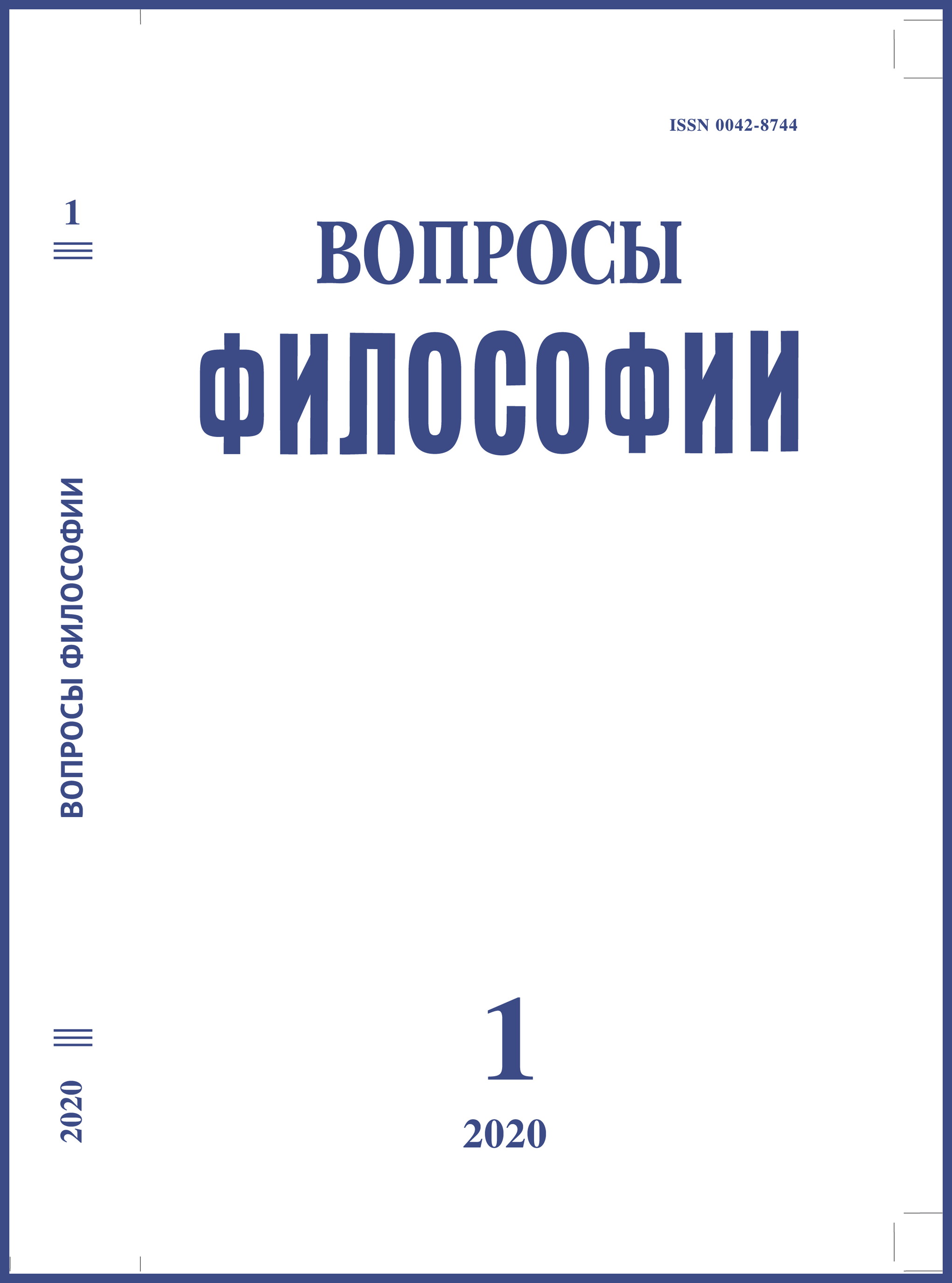Aristotle’s Philosophy as a Historical and Cultural Event
DOI:
https://doi.org/10.21146/0042-8744-2020-1-27-37Keywords:
Aristotle, philosophy, culture, arche, nature, motion, universe, being, prime mover, social introspection, polis, cosmos, nomos.Abstract
The paper grounds today’s value of Aristotle’s philosophical ideas. The author
emphasizes: the philosophical universe of Aristotle, hisideas are often considered in the context of culture, since philosophy is a form of cultural self-awareness. In relation to Aristotle, general provisions are concretized by the cultural
eventuality of hisideas, their influence on the development of European science
and education. The article holds the idea that Aristotle completes and summa rizes the ancient worldview. He understood that myth and logos, “theologians”
and “physicists” were separating. The conceptual and logical thought becomes
independent, separating from mythological fantasies (not arising from them).
Aristotle echoes the predecessors and at the same time paves the way for a new
ontology project that he developed in connection with the question of «existing as such». The author examines how Aristotle ’s metaphysical concept completes the destruction of the Olympic system, and how the creation of a “physical” model of the world on its remains and marks the transition to the “ontological”
model. Here is the watershed between traditional and European cultures. The author postulates that European culture in the person of Aristotle finds its discoverer and creator, who proves that the mind is a universal tool for anthro pological dimensions of the space and creating a rational world view.

